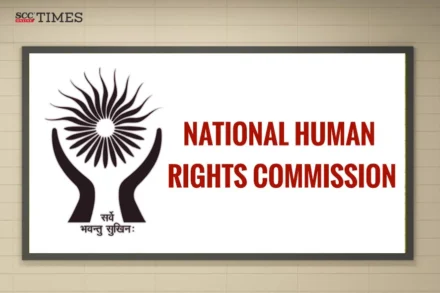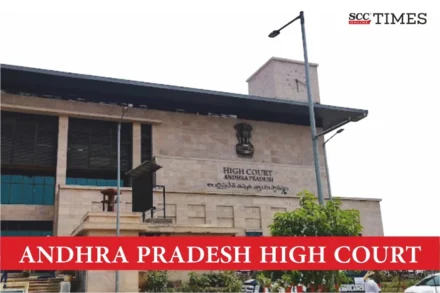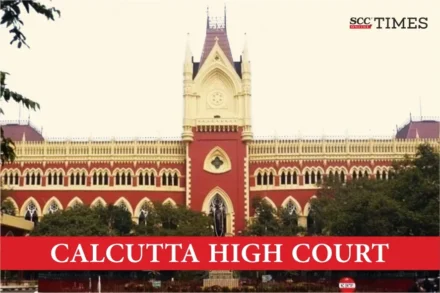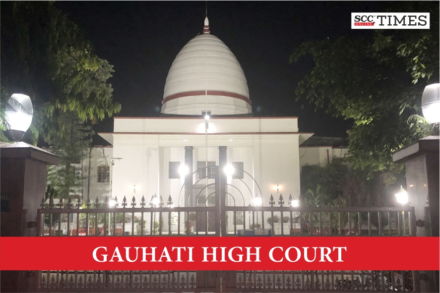
NHRC takes suo motu cognizance of SC student assault in Tamil Nadu; Seeks report from DGP, Collector in 4 weeks
The incident happened when the victim onboard a bus was travelling to appear for his exam. He was dragged out of the bus by the perpetrators and assaulted with a sickle, severing his fingers from his left hand. Reportedly, the father of the victim who reportedly tried to intervene was also assaulted.
Continue reading




